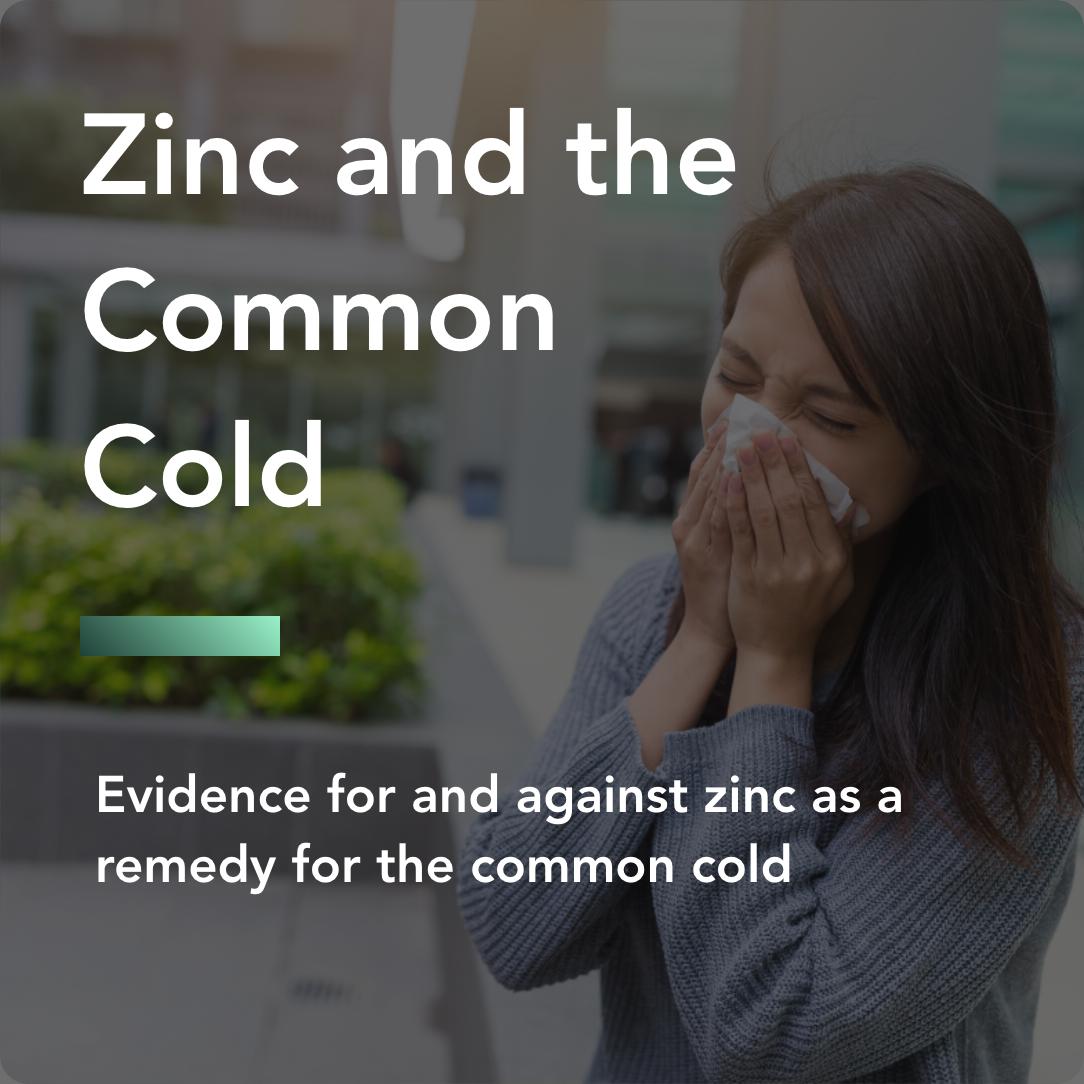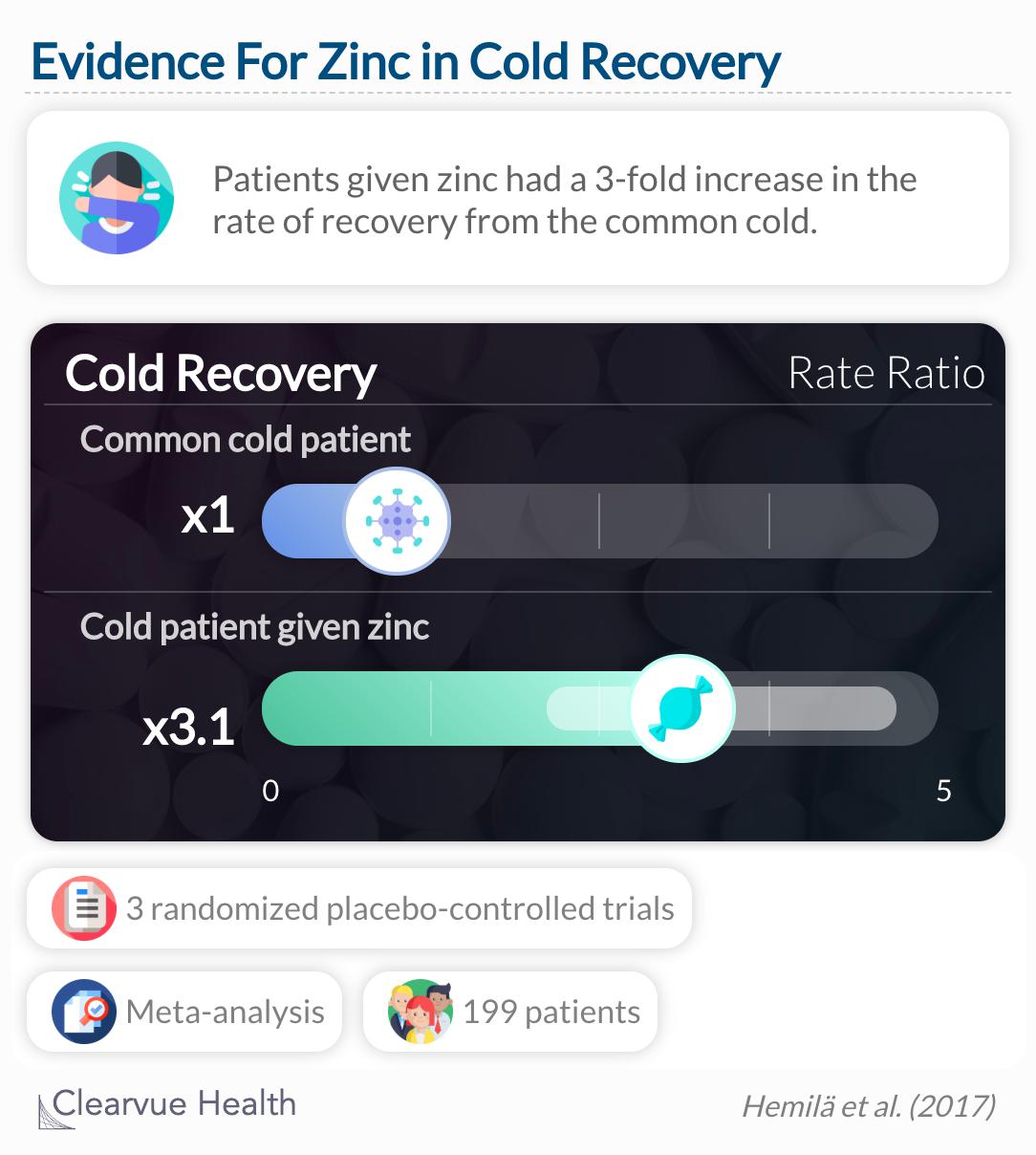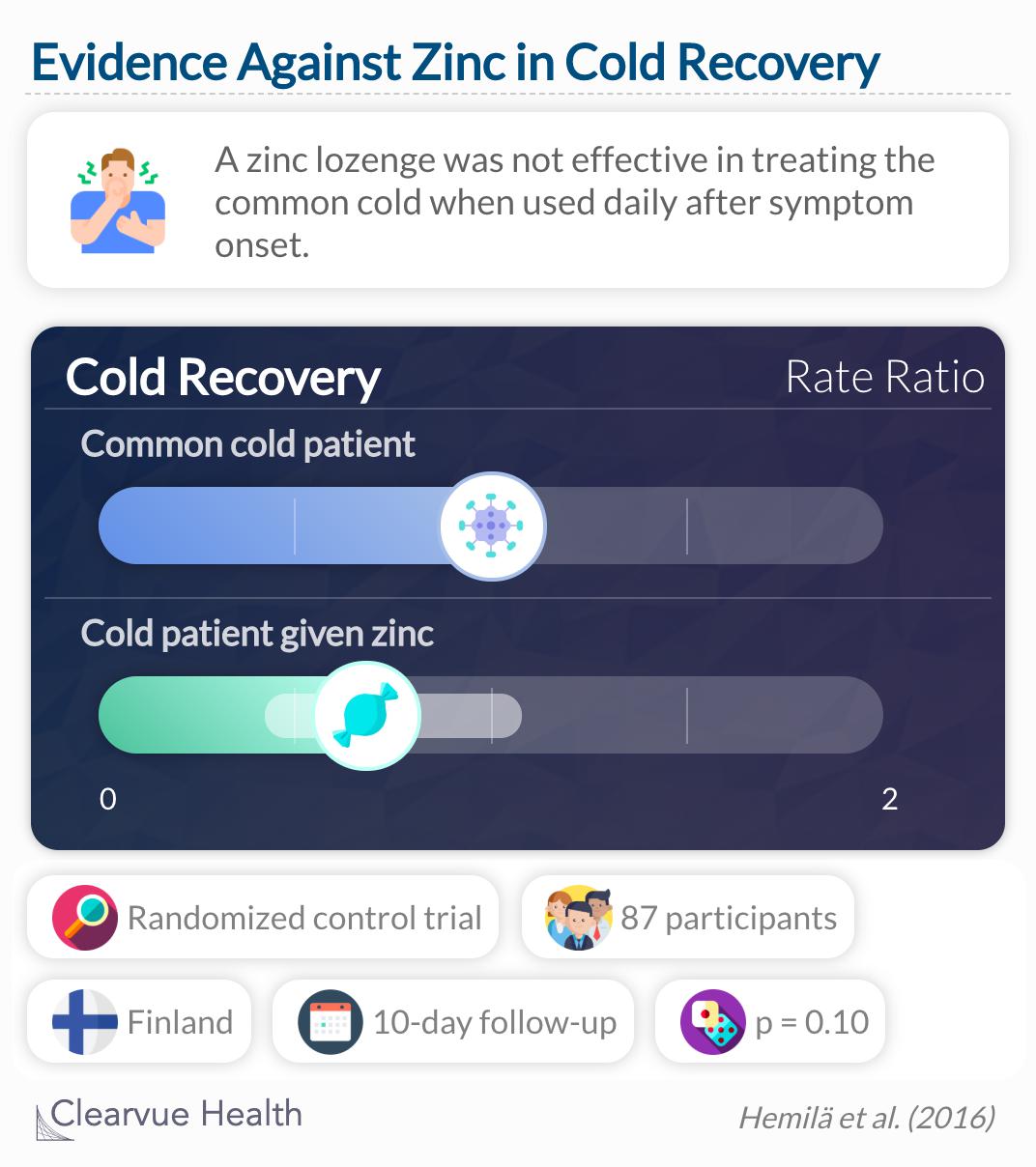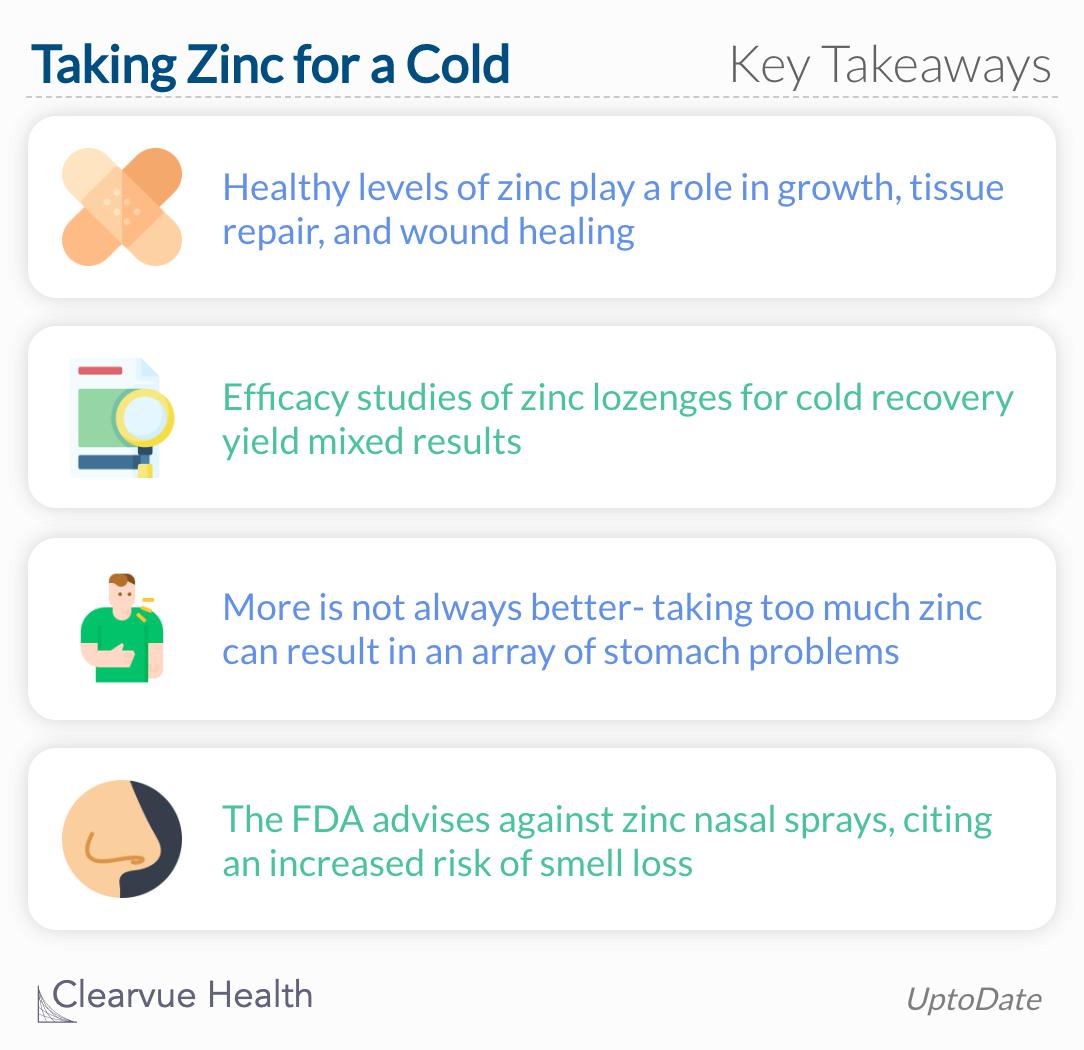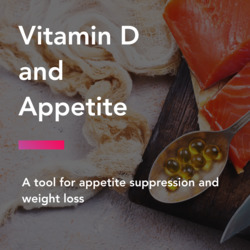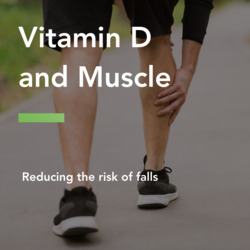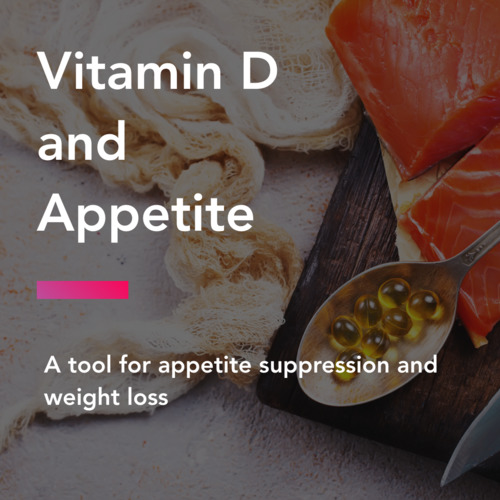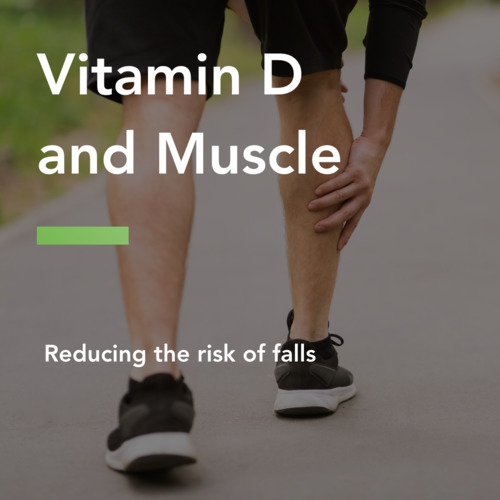zinc and the common cold: evidence for and against zinc as a remedy for the common cold
What are your go-to remedies after catching a cold? Whether it's a special type of tea or a really long bath, everyone has their own routine that they swear by. On the market, there are many supplements that advertise healing powers even though they aren't evidence-based. Zinc is an example of a cold remedy that some people regularly use, but does not have conclusive research behind it. Zinc is most commonly found in lozenges or supplement pills from grocery and specialty stores. In this article, we review quality studies released in the last few years on the effectiveness of zinc for cold recovery.
Evidence supporting the use of zinc lozenges in cold recovery
First, let us review the evidence supporting zinc lozenges as a cold recovery aid. Researchers pooled data from three studies of zinc to estimate its effect on the rate of recovery from a cold. In total, 199 patients were given similar doses of zinc and were instructed to record their recovery timeline. Researchers used the duration of the cold as their main measure of effectiveness.
Patients administered zinc lozenges recovered faster by rate ratio 3.1 (95% confidence interval, 2.1–4.7). The effect
was not modified by age, sex, race, allergy, smoking, or baseline common cold severity.
Source: Zinc Acetate Lozenges May Improve the Recovery Rate of Common Cold Patients: An Individual Patient Data Meta-Analysis
According to the pooled data, patients who took zinc lozenges had a 3-fold increase in their rate of recovery. This result stayed significant when considering other factors such as age, allergies, and smoking status. Of note, this study did not measure the number of cold symptoms or the detailed severity of the symptoms. These measurements would have added another layer of information when analyzing the effectiveness of zinc. The research suggests that zinc reducing symptom duration, but says nothing about each symptom.
Does this prove that zinc lozenges speed up cold recovery? Not quite. There are other studies that did not find the same results.
Evidence that zinc lozenges do not help with cold recovery
Researchers in Finland conducted a similar study of zinc. They analyzed 87 participants who were either randomized to the zinc or the control group. Once participants caught a cold, they were instructed to use zinc six times per day for a maximum of 5 days, and their symptoms were tracked for a total of 10 days.
There was no difference in the recovery rate between zinc and placebo participants during the 10-day follow-up (rate ratio for zinc vs placebo=0.68, 95% CI 0.42 to 1.08; p=0.10).
Source: Zinc acetate lozenges for the treatment of the common cold: a randomised controlled trial
After analysis, researchers found no difference in recovery rates between the zinc and the control group. The patient's given zinc lozenges reported a slower recovery rate, though this was not found to be significant. In other words, this study failed to correlate zinc with improved cold recovery.
The double-blinded aspect of the study is pretty difficult to do but is one of the most effective ways to reduce bias in a study. In this case, researchers had to create a lozenge that looked and tasted the same as a zinc lozenge, but without any zinc in it. Zinc has a very distinct taste and often causes a strange tingling in the mouth. In order for patients to be blinded to the study, meaning they do not know which lozenge they are getting, the lozenges with and without zinc had to taste the same and produce the same feeling.
Key takeaways
Obviously, these results are not concrete enough to say whether or not zinc will help with the common cold. The studies covered above show valid, yet different results regarding the effectiveness of zinc lozenges in reducing cold recovery time. Their samples were somewhat small, so there is a chance that zinc could be more effective in different populations.
Zinc lozenges are a complementary option when taken at healthy doses along with traditional, evidence-based remedies.
